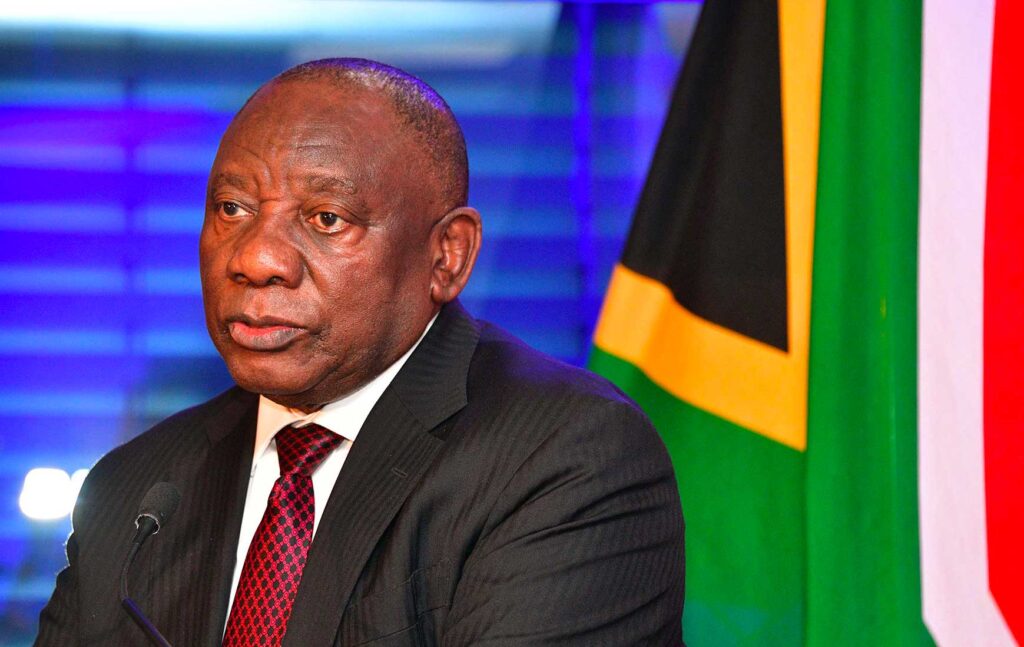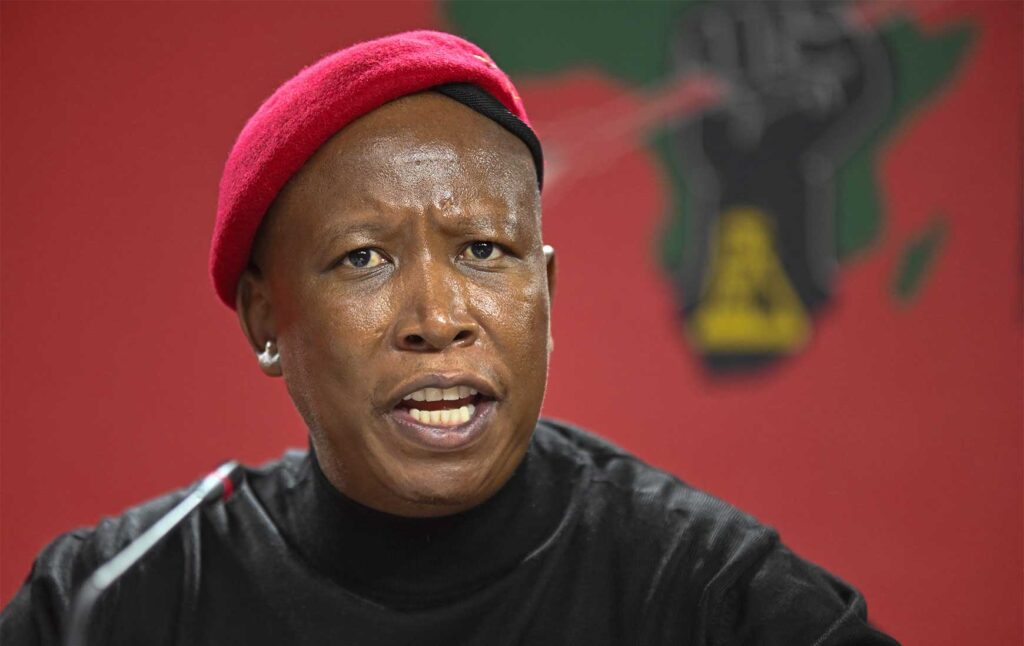INSIGHT: The looming 2024 South African general elections raise concerns about unstable coalition administrations, revealing a lack of political maturity that impacts service delivery.
The unresolved issue of unstable and unregulated coalition administrations, mainly prevalent in local municipalities, becomes more concerning as the 2024 South African general elections draw near.
In the next election, should there be no majority party in the National Assembly and this results in a hung parliament, a coalition may be formed to constitute the next national government. Reading the South African constitution may suggest that there is nothing wrong with the scenario of a national coalition government, and perhaps there isn’t.
However, South African political parties and politicians have demonstrated that they lack the wisdom and political maturity the constitution assumed when it predicated a multi-party system of democratic government as one of its values.

In addition to the existence of a multi-party system of democratic government, the constitution specifically lists accountability and responsiveness as some of our foundational values. Testing these values against the work of the most recent coalition governments exposes the cracks within the system as we know it. They are not responsive, at least not to service delivery needs, and perhaps this is due to the reality that these coalitions have also been unable to shield the bureaucracy from political developments.
It’s reasonable to assume and expect that for the bureaucracy to function well, it ought to be shielded from politics and shifts in political power. This is not understood as suggesting that politicians should not provide strategic guidance and play their oversight role. Of course, elected leaders determine the administration’s direction, outline the goals, and provide a solid plan. However, this becomes problematic when this role is not understood or fulfilled.
Politics should not interfere with the provision of reliable and effective services. Essentially, if the political-administrative interface is left unchecked and misunderstood, it contributes to the decline in government performance. Service delivery is hampered by an unstable political-administrative interface when political shifts in coalition agreements affect the administration. There is no doubt that this volatility negatively impacts public value.

This piece does not intend to argue that the mere existence of coalition agreements means that service delivery will be compromised. The underlying issues are usually political immaturity, misalignment, and the lack of a cohesive vision. As previously demonstrated in Good Governance Africa’s (GGA) 2019 Government Performance Index (GPI), which assessed 213 municipalities, 20 of the best-performing municipalities were governed through coalition arrangements. More recently, in 2021, GGA’s GPI revealed that of the 20 best-performing municipalities, four were governed through coalition agreements.
As previously shown in GGA’s Policy Briefing on coalitions, at the minimum, there are at least three elements of public value that citizens expect from their governments: (i) well-performing administrations characterised by service delivery; (ii) institutions that are reliable and effective in attaining envisioned public outcomes; and (iii) institutions that function fairly and impartially for the benefit of the public.
Coalition agreements that have been carefully crafted and underpinned by values and agreements that seek to enforce stability for the greater good may have a chance of achieving this complex public value. The experience that we have gained from coalition governments in South Africa, however, at least at the level of local municipalities, is that these have been largely based on political interests that are devoid of real politics based on values and principles that seek to better the lives of citizens. This kind of politics has been based on wanting to be in power by any means necessary.

Political parties no longer care too much about the kind of partner with which they are negotiating. For instance, party X does not consider the position of Party Y on fee-free education or the question of access to quality healthcare, immigration laws, etc. These ideological and policy considerations are absent, and therein lies the problem. Political party policy decisions in South Africa are understood to underpin what becomes government policy should the party in question ascend to power.
These policy positions then contribute to government priorities, budgeting, and spending. If there is misalignment at this level, how do we begin to expect that there will be integrated development plans that the administration will pursue? On what principles and values would they be based? Political parties should prioritise these considerations as they consider who to partner with, be it at the local, provincial, or national level in the future. Perhaps this may even lead to what society has been asking for: the publication of coalition agreements. Under the current circumstances, one may assume that one of the reasons for not publishing coalition agreements is that political parties are partnering with their ideological and policy opponents. Essentially, their partnerships are not based on policy and a shared vision of the future, but on expediency.
As we go into the next general election and the elections to follow, political parties and decision-makers addressing the problems of coalitions should keep in mind that the government’s primary mission is to service citizens and strive toward practical agreements that don’t infringe on any tenets of the social contract.

Mxolisi Zondo is a Researcher in the Governance Delivery and Impact programme at Good Governance Africa. He holds a BA Honours in International Relations and a Bachelor of Political Science from the University of Pretoria (UP). He is currently pursuing his Master of Arts Degree in Diplomatic Studies at UP. His dissertation looks at the extent to which South Africa’s involvement in peace missions on the African continent serves the country’s national interest. Before joining Good Governance Africa, he worked as a Public Policy Intern at Frontline Africa Advisory. He has also worked as an Assistant Lecturer and Research Assistant at the University of Pretoria.


